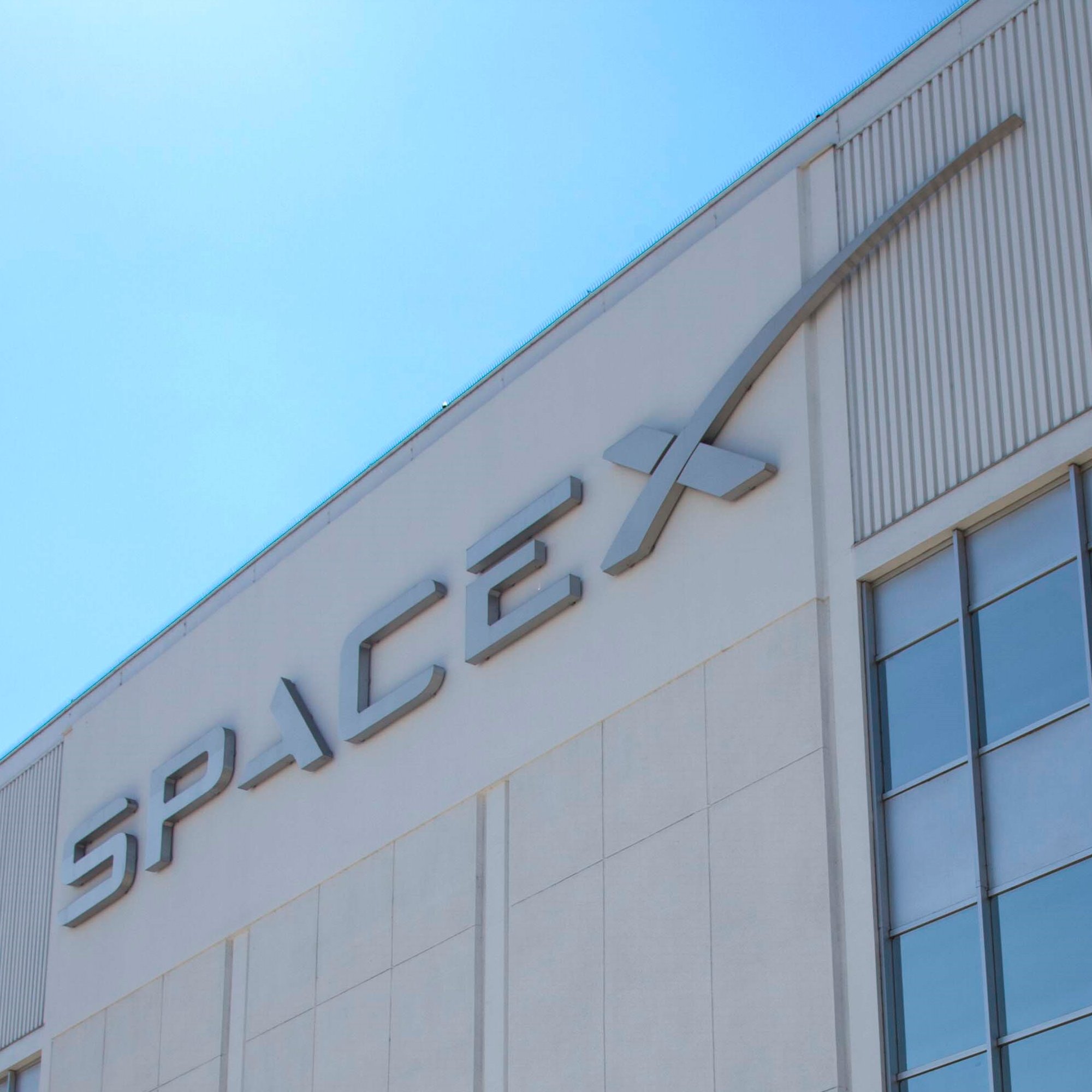Investing
I'm Going to Buy SpaceX Stock, And Here's How I'm Going to Do It

Published:

SpaceX is among the most notable and renowned private companies in the world. Indeed, most Americans have heard of the Elon Musk-led company, which has secured a number of very lucrative government contracts over the years in part due to the company’s ability to successfully launch (and land) rockets in a reliable way.
For those who believe that spending on both space exploration as well as space-related communications networks will continue over time, SpaceX is a top company investors may want to consider gaining exposure to.
But the fact that this company is currently not publicly-listed provides an obvious problem. Outside of existing employees and some early insiders, there aren’t many free-floating shares of the business out there.
That said, there are a few places investors can get their hands on shares of this high-growth space company. Here are two options to consider, and my determination of which may be the better pick for the average Joe.

Before I jump into the specifics of how investors may get their hands on shares of this privately-traded company, I thought I’d dive into the overall thesis as to why an investor would consider this stock in the first place.
The company’s innovative business model in providing reusable rocket technology has revolutionized the aerospace industry. The idea behind SpaceX is relatively simple – Elon Musk set out with the mission of considerably reducing launch costs and increasing launch frequency. Doing so would allow for a greater number of objects (such as satellites, ahem StarLink) to be launched into space, while making more space exploration missions possible.
Starlink service alone is forecasted to reach 3.8 million subscribers by the end of 2024, showcasing its potential for continued growth. Additionally, SpaceX’s strategic partnerships with NASA and its involvement in national defense projects further enhance its market position and revenue streams. The company’s recent valuation surge to a $350 billion valuation reflects investor confidence in its long-term profitability and market dominance.
SpaceX’s $350 billion valuation surpasses top U.S. defense contractors and ranks among the S&P 500’s top 25 by market cap. Musk noted minimal shareholder selling, with limited shares bought back to accommodate new investors. That said, with any sort of capital raise, some shares are going to be shaken loose by specific investors. Let’s dive into what the options are in the market right now.

SpaceX’s valuation surged from $250 billion to $350 billion in a week due to strong demand in a tender offer, so some private equity funds and venture capital firms may have exposure to SpaceX and other related companies. Of course, investing in such funds can provide roadblocks for the average investor, as many require investors to be accredited in order to participate in funding rounds.
However, while most retail investors lack direct access to these founding options, options like closed-end funds offer exposure. However, funds like Destiny Tech 100 trade at extreme premiums, effectively valuing SpaceX at $3.25 trillion instead of $350 billion.
Destiny Tech 100 trades at a hefty premium, with a true NAV per share near $6.60 compared to its $61.36 price, plus a 2.5% annual fee, offering poor SpaceX value. Additionally, interval fund Ark Ventures limits redemptions to 5% quarterly, charges a 2.9% fee, and requires a $500 minimum, making it less appealing for cost-conscious or liquidity-focused investors.
The XOVR ETF is a retail-friendly option for private equity exposure, including SpaceX. With daily NAV pricing, a low 0.75% fee, and no investment minimum, it ensures cost-effective, transparent access. Its holdings include SpaceX and the high-performing Entrepreneur 30 Total Return Index (ER30TR), offering daily liquidity and balanced exposure.
Moreover, SoFi Technologies expanded access to private investments with three new funds, including the Cosmos Fund, which exclusively holds SpaceX stock. A survey showed 87% of investors favor private companies like SpaceX, valued at over $200 billion.

ARK Invest holds a significant stake in SpaceX through its ARK Venture Fund, which includes approximately 13% of its assets allocated to the private aerospace company, valued at around $8.7 million as of late October 2024.
This investment is part of a broader strategy by ARK to gain exposure to innovative companies led by Elon Musk, which also encompasses stakes in other ventures like X (formerly Twitter) and xAI, collectively representing nearly 15% of the fund’s total assets.
Despite SpaceX being privately held and thus inaccessible to traditional ETFs, ARK’s venture fund provides a unique opportunity for investors to engage with this high-growth sector. The fund’s focus on disruptive technologies aligns with SpaceX’s advancements in rocket reusability and satellite deployment, positioning it as a key player in the rapidly evolving space industry.
Thank you for reading! Have some feedback for us?
Contact the 24/7 Wall St. editorial team.